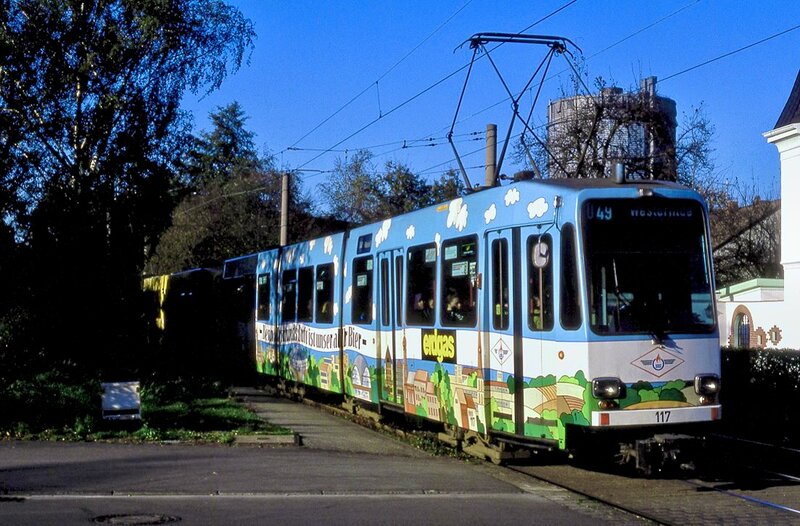Exploring Dortmund: History, Culture, and Innovation

Introduction
Dortmund, located in the heart of Germany’s North Rhine-Westphalia region, is a city that blends industrial heritage with modern culture and innovation. As one of the largest cities in the Ruhr area, Dortmund has undergone significant transformation over the past few decades, establishing itself as a hub for technology, education, and sports. Understanding Dortmund’s evolution is essential for grasping the socioeconomic dynamics of contemporary Germany.
Historical Background
Historically, Dortmund was a significant member of the Hanseatic League in the Middle Ages, and a centre for coal and steel production in the 19th and early 20th centuries. The decline of heavy industry in the late 20th century necessitated a shift in the city’s economy. Today, Dortmund is often regarded as a model of urban transformation, embracing technology and sustainable development.
Cultural Significance
Dortmund is rich in cultural offerings. It is home to the renowned Dortmund U, a former brewery turned cultural centre, which hosts art exhibitions and public events. The city’s vibrant music scene and numerous theatres, such as the Schauspielhaus Dortmund, contribute to its cultural landscape. Additionally, Dortmund hosts various festivals throughout the year, including the Dortmund Christmas Market, which attracts tourists and locals alike.
Technological Innovations
In recent years, Dortmund has established itself as a centre for innovation, particularly in IT and digitalisation. The city houses numerous research institutes and universities, including the Technical University of Dortmund, which collaborates with industries to drive technological advancements. This focus on research and development has led to an increase in start-ups and tech firms setting up shop in the area, further diversifying the local economy.
Sports and Community
Sports play a significant role in Dortmund’s identity, particularly football. The city is home to Borussia Dortmund, one of Germany’s most successful football clubs. The club’s passionate fanbase and the iconic Signal Iduna Park stadium are central to the community’s spirit. Local clubs and sporting events provide residents with ample opportunities to engage in physical activities and foster community relationships.
Conclusion
Dortmund’s evolution from an industrial powerhouse to a modern city characterised by innovation and cultural vibrancy exemplifies the resilience of urban centres in the face of change. As Dortmund continues to embrace new technologies and cultural advancements, its importance on both a national and international scale is likely to grow. For residents and visitors alike, Dortmund remains a city worth exploring, with a rich tapestry of experiences that reflect its dynamic history and promising future.









